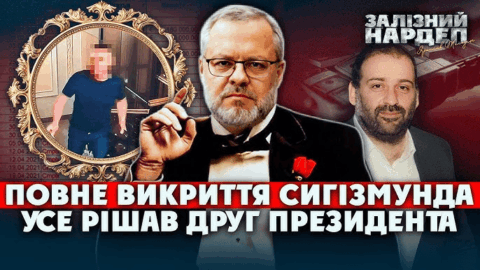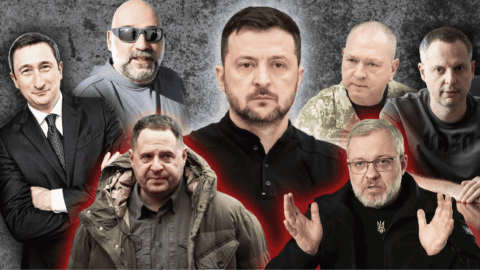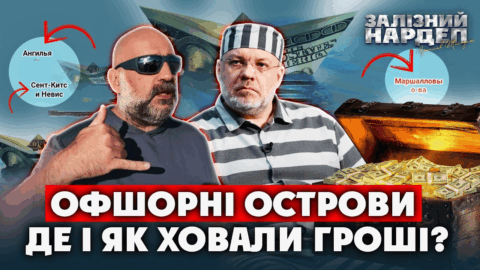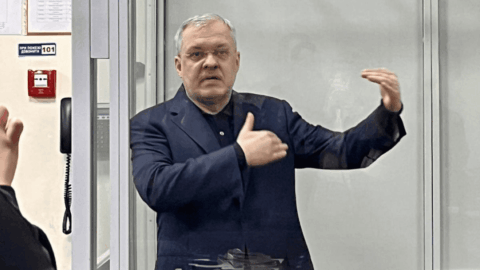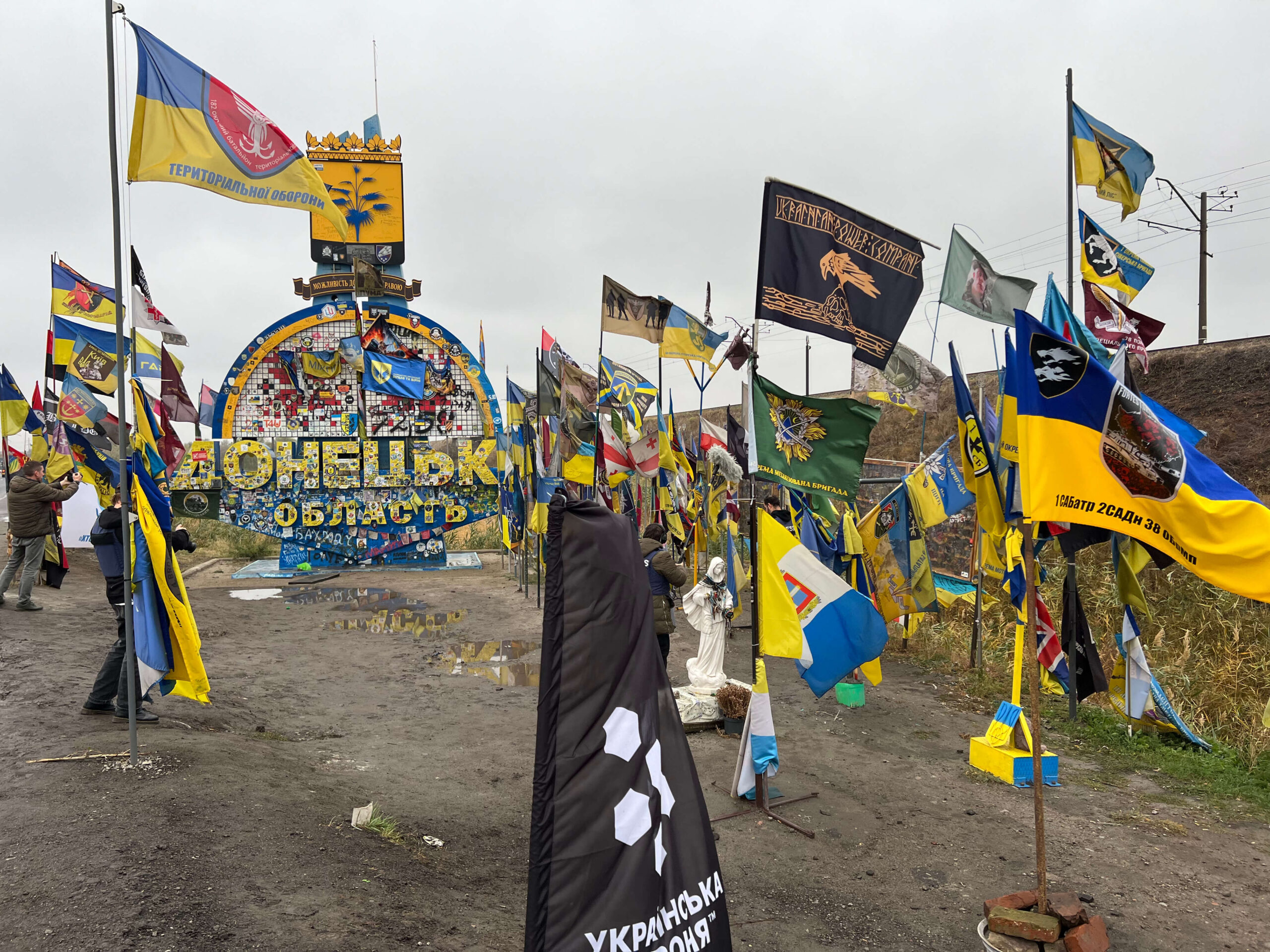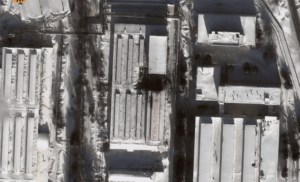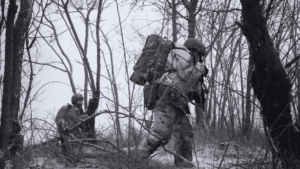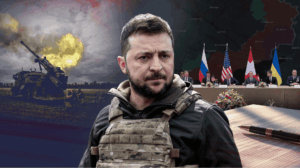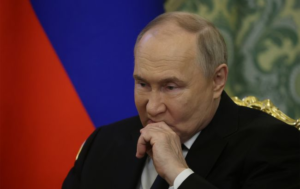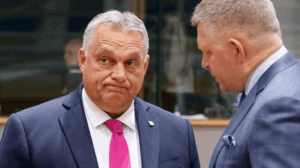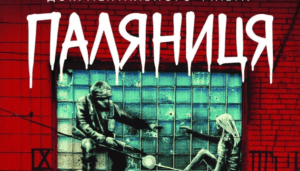Mass illegal searches of NABU detectives, initiated by the authorities in July 2025 as a pretext for the legislative dismantling of SAPO and NABU, demonstrated that the president and his Office will stop at nothing to undermine independent investigations of high-level corruption in power.
Ukrainska Pravda investigates.
While SAPO’s powers were restored at the legislative level after a fatal attempt to destroy it, the situation regarding pressure on people investigating high-profile NABU cases is much worse. Two NABU detectives remain in pre-trial detention, and three other detectives have received charges for older car accidents and are also under preventive measures.
Additionally, the SBU and the DBR confiscated dozens of phones and computers from the detectives and will now try to use all the information obtained to disrupt investigations, pressure detectives, and even attempt to recruit them.
The cases against the detectives show that the main strategy of the SBU and Prosecutor General Kravchenko was simply to conduct searches and find any compromising material on the NABU officers’ gadgets, and only then deal with the consequences. That is why the initial charges and pretexts for the searches were crudely fabricated from whatever was at hand.
A striking example of this is the case of Ruslan Magamedrasulov – one of the lead detectives, who, along with his father, is being held in pre-trial detention almost as a hostage.
The headlines with which the Service officially communicates this case are simply astounding – the SBU publicly announced the “exposure of conducting business in Russia.”
In another video released by the Service on Friday, August 22, allegedly containing new evidence, SBU spokesperson Artem Degtyarenko spoke of the “organization of trade with Russia.” On online platforms, there are even headlines suggesting alleged treason.
However, in reality, the case materials submitted by the SBU and prosecutors to the court contain no evidence of trade with Russia, nor are such charges mentioned in the suspicion text. A simple analysis of the available sources shows that such accusations could not exist.
In fact, Ruslan Magamedrasulov is accused of “committing criminal offenses under the following provisions of the Criminal Code of Ukraine:
Part 1 of Article 14 (preparation for a crime), Part 2 of Article 28 (committed by a group of persons by prior conspiracy), and Part 1 of Article 111-2 (aiding the aggressor state by voluntarily transferring material assets).”
In other words, this is not about actual trade or any specific sale, but allegedly only preparation for it. Thus, the SBU representatives are simply lying about the essence of the case and are using it solely to discredit both the detective himself and NABU as a whole.
Moreover, in the context of such a charge — namely, “preparation for this crime” — an interesting question arises: if Magamedrasulov was really preparing to sell cannabis to Dagestan, why didn’t the SBU monitor this crime to its conclusion and document the sale?
The answer has already been mentioned above. Because there is no crime as such, and the searches needed to be conducted simultaneously with others and urgently. The infamous law had to be passed in the Rada, and an important Bureau employee had to be taken hostage.
So what evidence do the SBU and Prosecutor General present to confirm this “crime”? In reality, the key evidence is a conversation released by the SBU itself on the day of the operation with an unknown caller. It goes as follows:
(Ruslan) “Look, there’s a question. My father has some cannabis seeds, and I’m told they are in high demand by a state program in Dagestan. By any chance, do you have any communication with them? They don’t want to buy? Everything is legal. It’s just a state program they have. At the state level, there’s a program. They had problems with cotton, some Uzbeks came, and they didn’t communicate with others, just interacted among themselves. We just have good seeds, official, everything legal for sale with documents. Yes, I have the certificate. I’ll send you a commercial offer, in the morning I’ll send it. Right now, no one wants it, yes, if it had been in 2014 or 2015, obviously, the situation would have been ideal. Now no one wants it. Overall, the price is good, but no one invests money just like that. Be patient a little, it’s not urgent, just wait. Let’s close my question. Agreed. (conversation ended).”
The authenticity of this quote and its assessment by the investigation is questionable for several reasons:
- In the audio excerpts released by the SBU on its official website, independent listeners hear the word “Uzbekistan” instead of “Dagestan.” This is a key word that completely changes the context and meaning of what was said and effectively nullifies the essence of the alleged offense.
- A noise-cleaned version of the audio also confirms the opposite interpretation, indicating “Uzbekistan” rather than “Dagestan.” This version has already been published earlier by AntAC.
- Most importantly, in its official communication, the SBU claims that there is supposedly a special state program in Russia regarding cannabis. However, even in the screenshot from the official SBU video, it is not about any specific cannabis program, but about the Russian government decree No. 1932 of November 26, 2020, which amends Annexes No. 7 and No. 8 of the “State Program for the Development of Agriculture and Regulation of Agricultural Product, Raw Material, and Food Markets.”
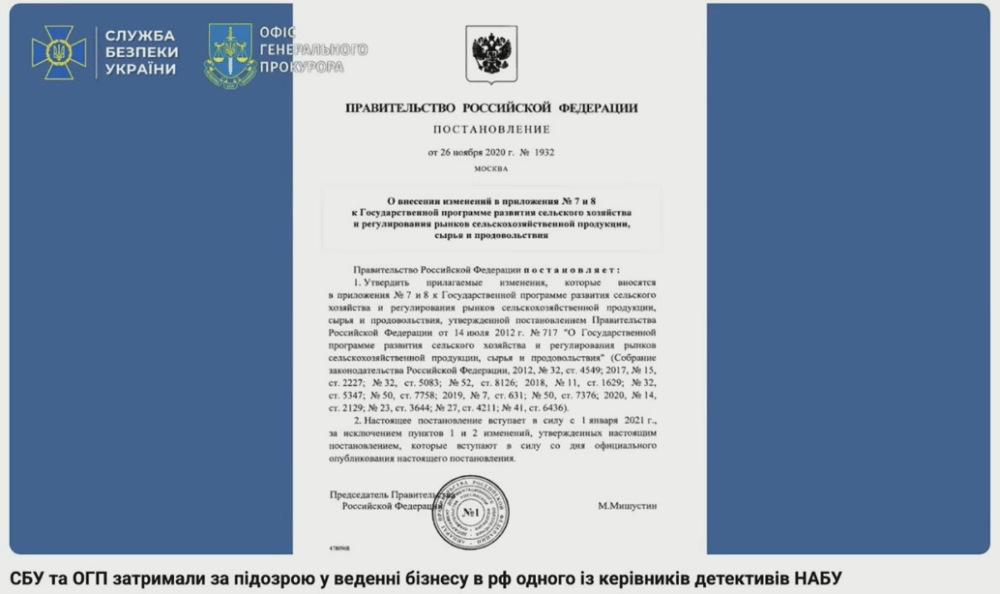
- A simple search for this document via VPN shows that it is not about industrial cannabis at all. These amendments actually clarify the rules for granting subsidies to subjects of the Russian Federation (for example, the Rostov region or Dagestan), the amount of which is calculated using a complex formula depending on the share of that subject in the production of various types of agricultural products and factors such as sowing plans. Sowing can only take place within the territory of Russia. The investigation does not even raise the question of how cannabis with Ukrainian quality certificates could be grown and imported into Russia.
- Meanwhile, a standard Google search confirms that it was in Uzbekistan, starting in March 2020, that the cultivation of industrial cannabis was legalized, with a special Cabinet of Ministers decree No. 770 adopted on December 7, 2020. This document establishes measures to regulate activities related to the cultivation of cannabis for industrial use, which is not connected to the production of narcotic or psychotropic substances.
In conclusion, the Russian programs effectively do not exist; instead, Uzbekistan has specific legislation supporting the cultivation of industrial cannabis. But let’s continue.
- On Friday, August 22, the SBU released alleged “new evidence” in the case, which included the conclusion of a forensic linguistic semantic-textual examination regarding the mentioned NSRD protocol. However, such an examination cannot determine the ownership of a voice by a specific person, nor can it verify that the audio matches the text presented by the Service. In other words, the SBU-conducted and released examination cannot establish whether the voice belongs to the suspect or whether the word spoken is truly “Dagestan” or actually “Uzbekistan.” This can only be determined by a phonoscopic examination. A linguistic examination, on the other hand, can only determine the semantic content, stylistic coloring, and nature of the information. It can also establish the message or intent conveyed by a particular word, and identify, for example, defamation, incitement, or threats in the words of a specific speaker.
- However, in order to conduct an independent phonoscopic examination, the defense needs the original audio and video. The SBU, however, is currently not providing these.
- If one carefully listens to the quote itself, there is also a mention of “Uzbeks,” which further calls into question whether the word “Dagestan” was actually spoken in the recording.
- Moreover, analyzing the quote alone does not allow understanding the context of the conversation or the relationship between the speaker and the interlocutor. For example, in the quote itself: “They tell me that they are in high demand by the state program in Dagestan. By any chance, do you have communication with them? Don’t they want to buy?” the speaker refers to “Dagestan (Uzbekistan)” in the third person, meaning they do not have direct contact with the country.
Thus, the main evidence is refuted through simple logical analysis and conclusions drawn from the case materials.
Father’s messages
Among the evidence released by the SBU concerning the father and his communications is allegedly his messaging in the Telegram app with a supposed representative of a company from Dagestan (Pavel Agro Prime). However:
- The messages with this contact are not systematic and consist of a single instance over just a few days in July of this year (beginning 10 days before the searches conducted on NABU employees).
- The messages strangely mention a “conversation from February 2025 with Ruslan,” which is highly unusual for everyday or even business messages, since it is very difficult to recall a specific conversation that took place — or could have taken place — several months earlier (from February 10 to July 10 is five months!). This may indicate potential falsification of such Telegram messages and an artificial reference to the February conversation in order to link the messages to that conversation.
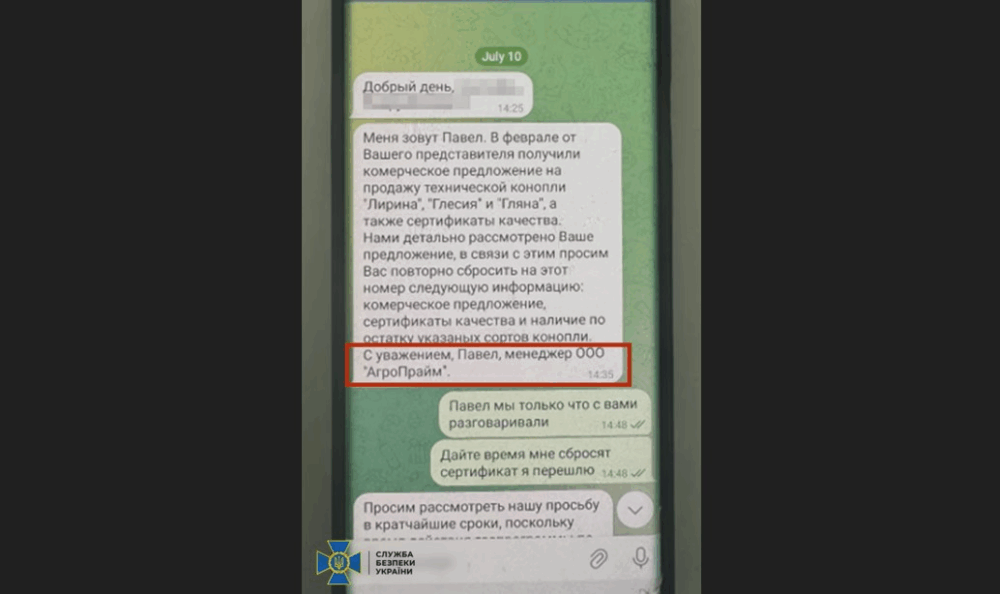
- The commercial offer in Telegram is sent to the father by the interlocutor himself, and… it is in Ukrainian… To Dagestan — for the “Russian program.”
- Moreover, if you look closely at the screenshot released by the SBU, it is noticeable that the screenshot was taken at a moment when the file had not even finished downloading.

What could this mean? It’s no secret that hacking Telegram today is a five-minute task even for ordinary fraudsters, not to mention SBU employees and an unprotected phone belonging to a 65-year-old person. It seems that the latter decided to use this method to “create” yet another important piece of evidence.
But the main point is that what has been listed is far from the end of all the falsifications carried out by the SBU and personally signed by Prosecutor General Kravchenko. The suspicion against Ruslan Magamedrasulov was signed by him. We will definitely cover all the manipulations in the second part of the text.
The worst part is that the NABU detective, together with his father, is still in pre-trial detention. Today at 12:40, the preventive measure for him may be reconsidered by the Kyiv Court of Appeal, but the SBU continues to exert pressure on the judges.
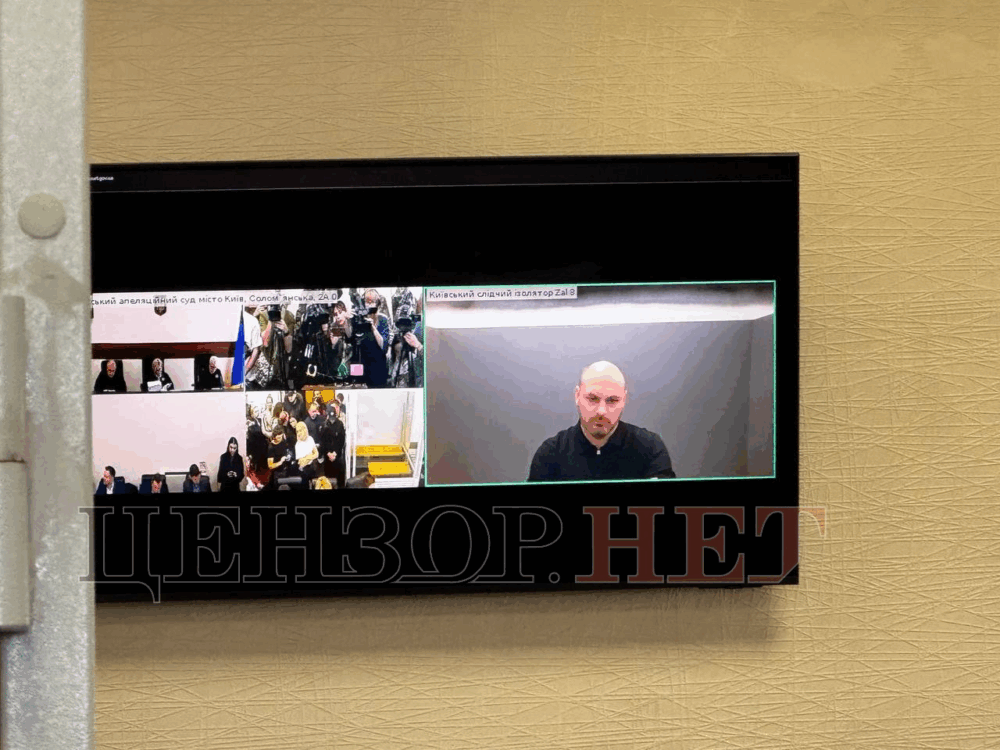
The Service wants to keep hostages and gain time for new falsifications. This is a way to discredit further exposure of top-level corruption within the president’s inner circle.
Tags: Anti‑Corruption EMPR.media nabu political pressure rule of law SBU raids Ukraine investigation Zelensky circle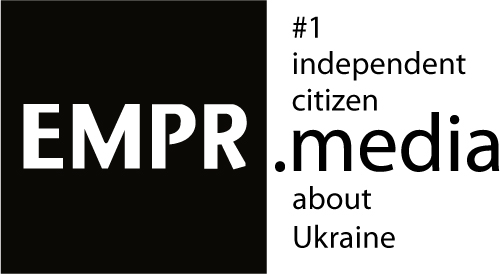
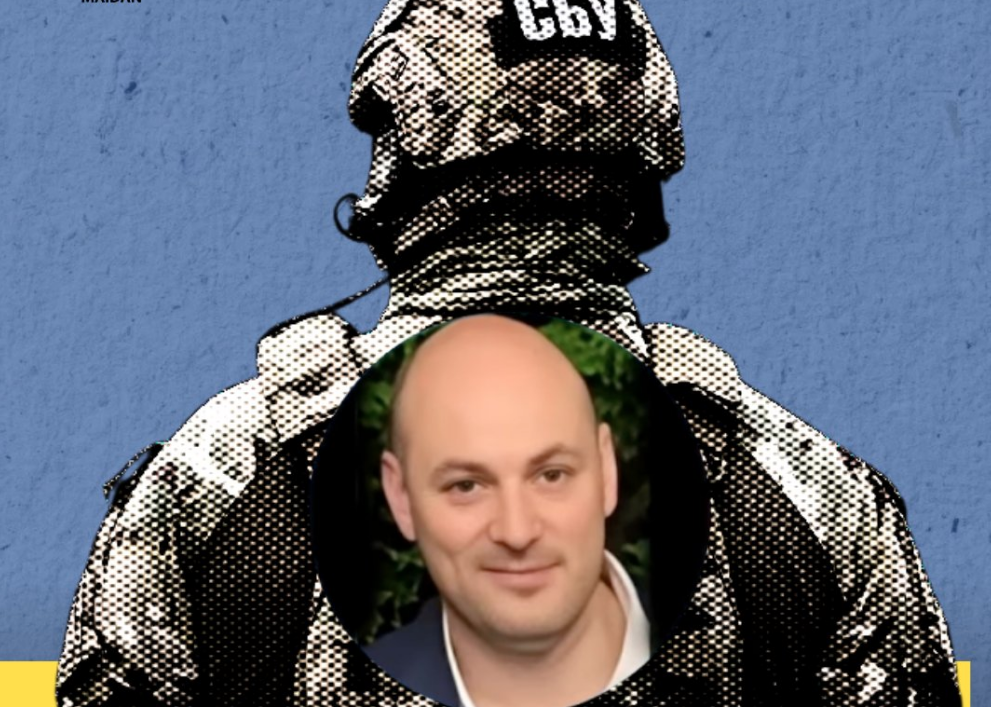

![The Kyiv Instytutska Street massacre during the Maidan Revolution of Dignity, where Berkut’s “Black Company” shot and killed unarmed protesters. :contentReference[oaicite:2]{index=2}](https://empr.media/wp-content/uploads/2026/02/photo-1-480x270.png)
